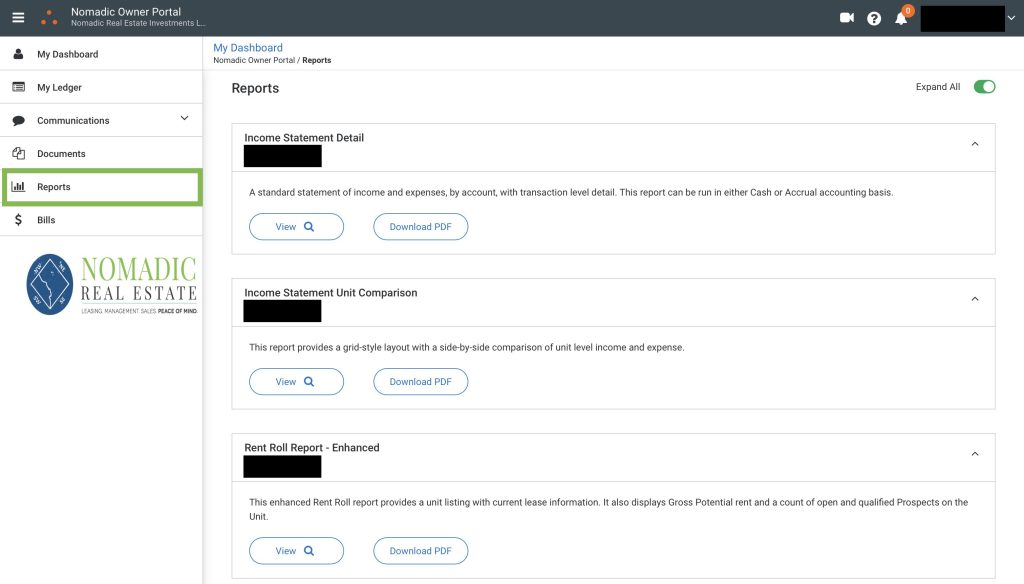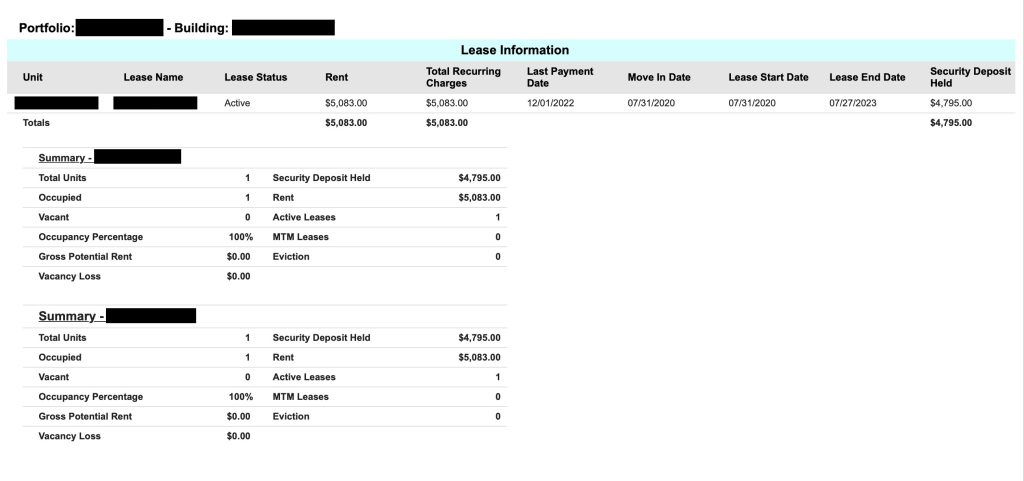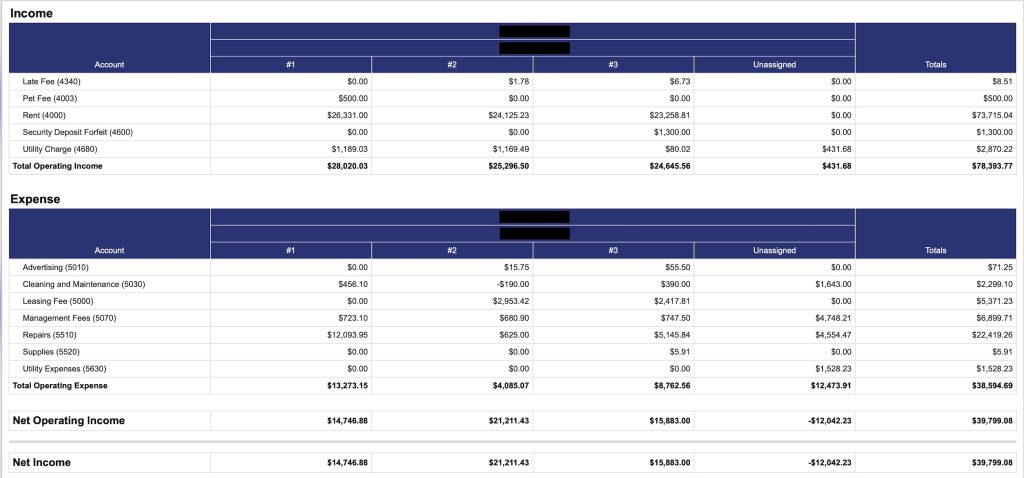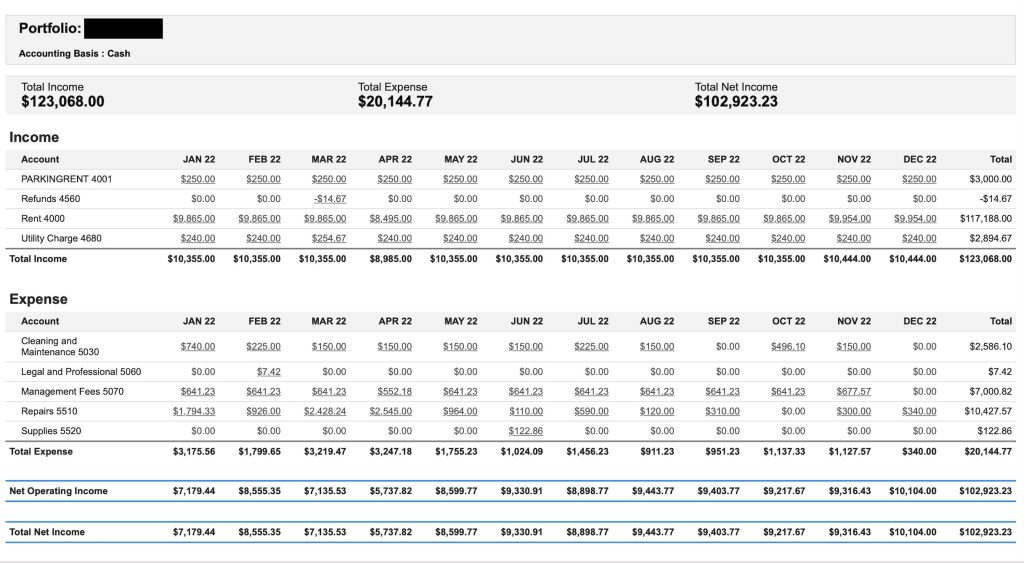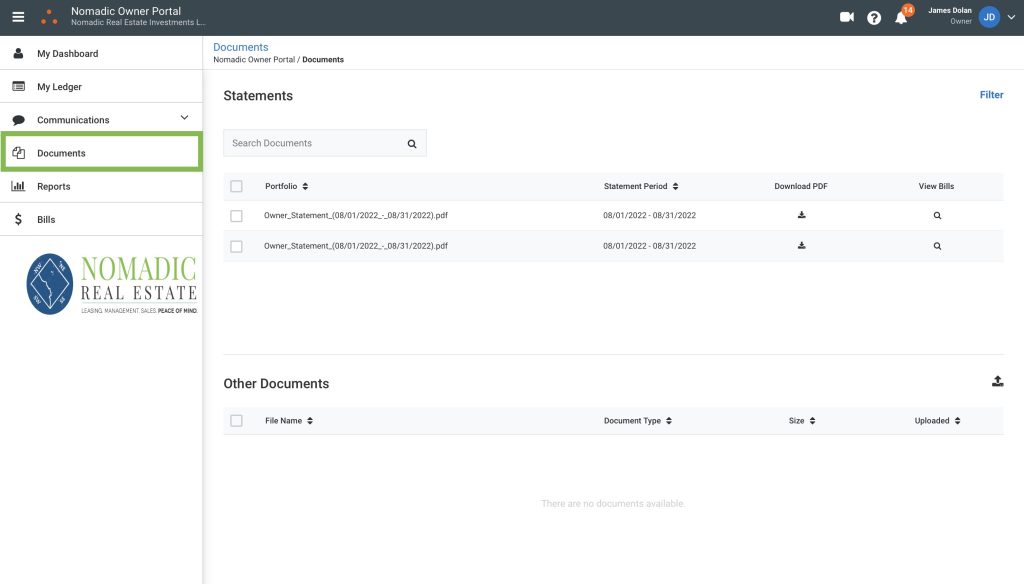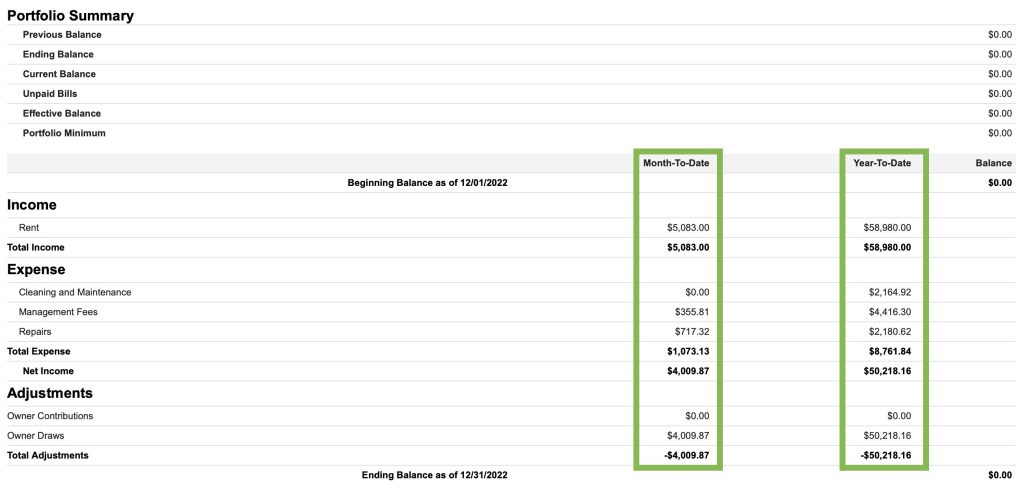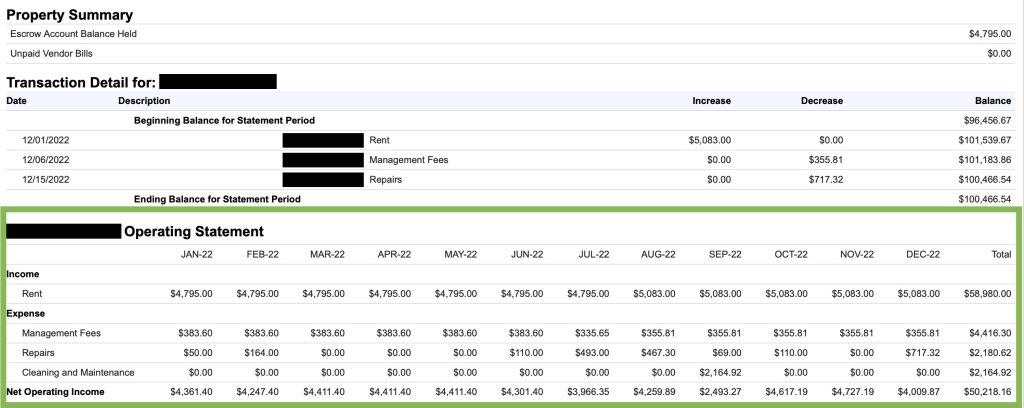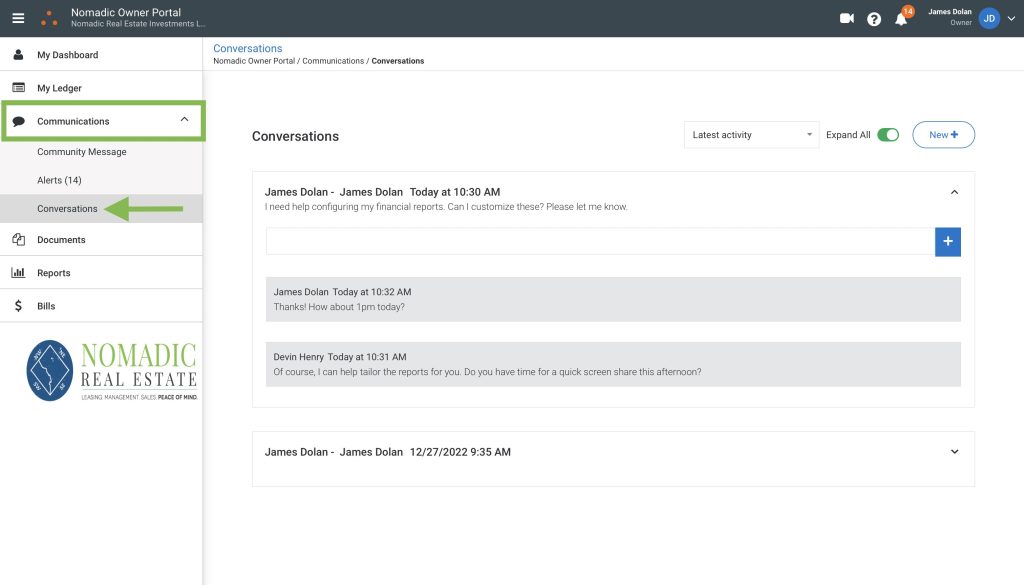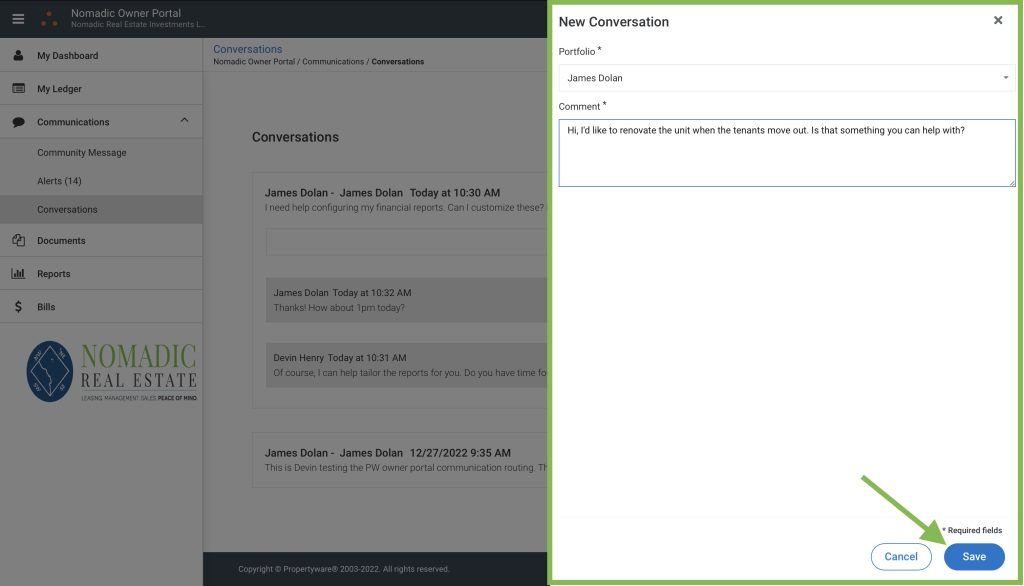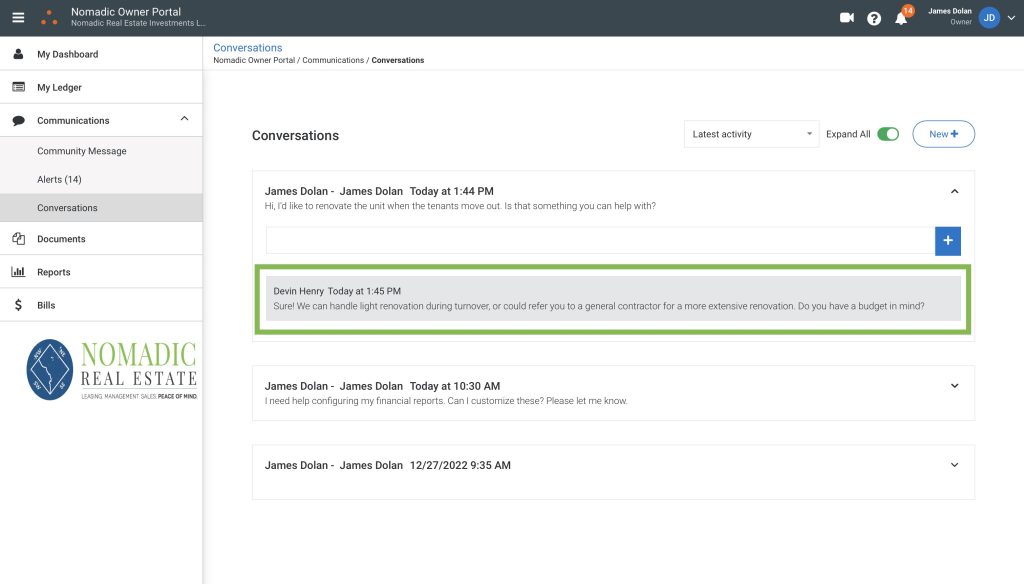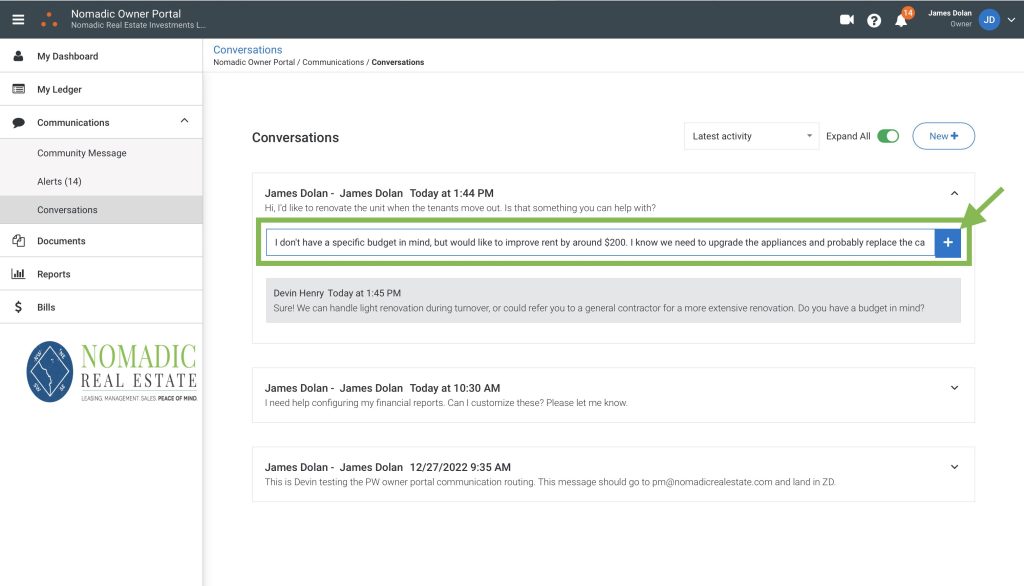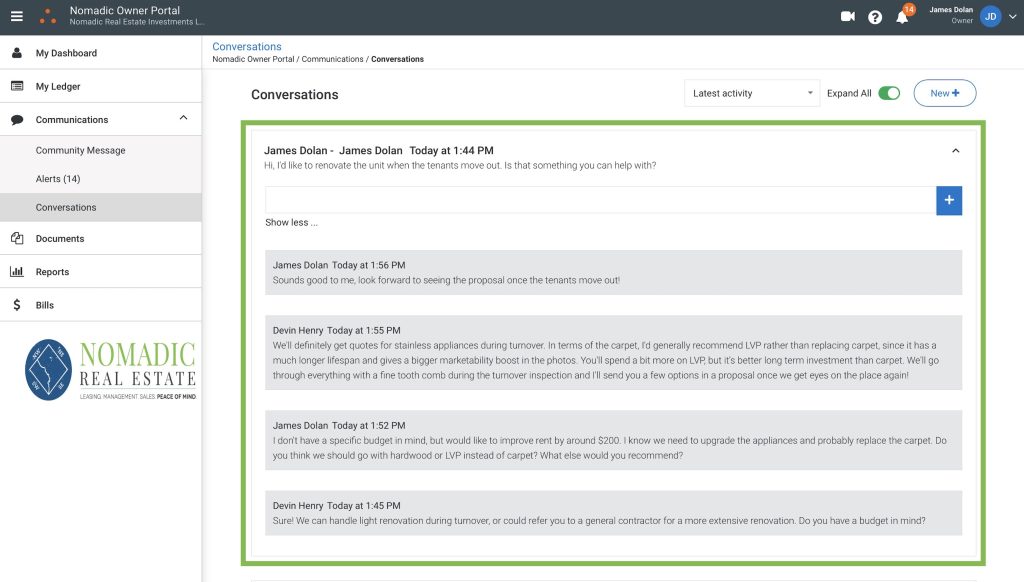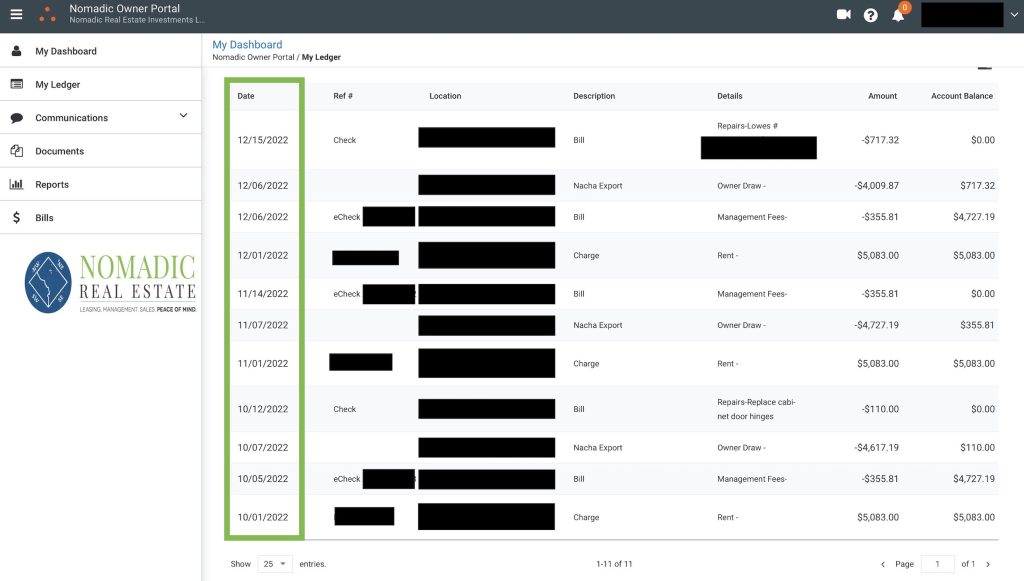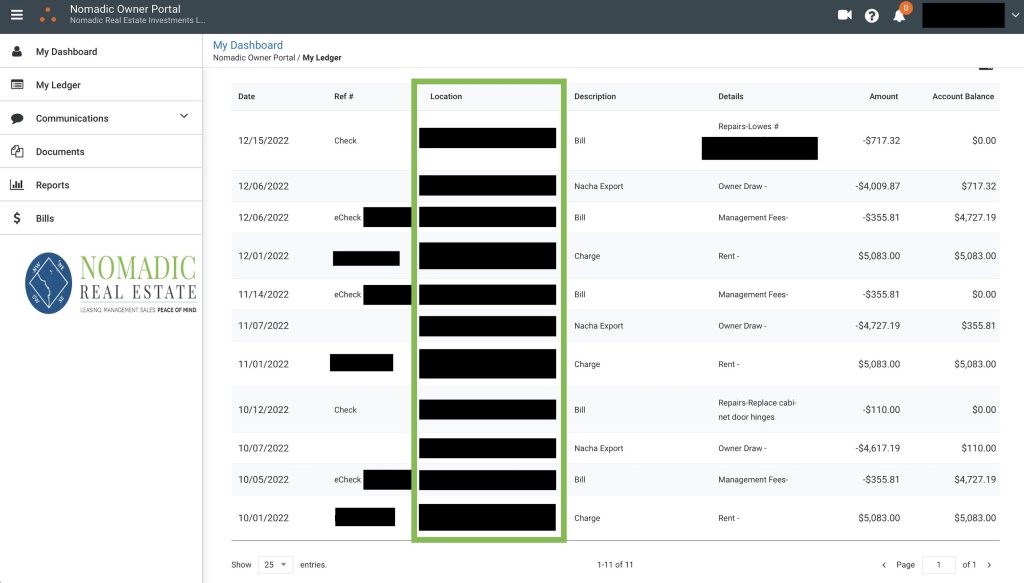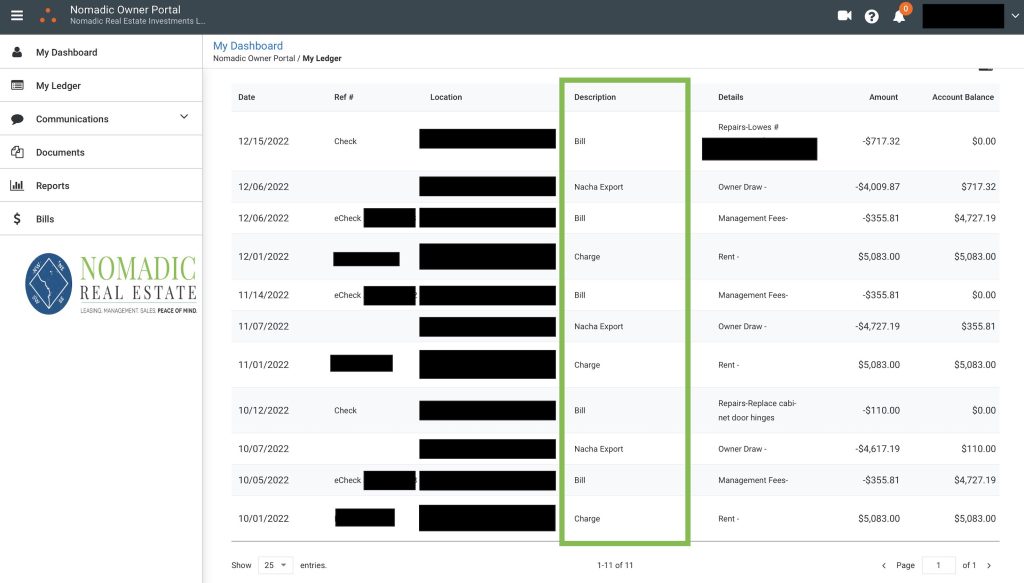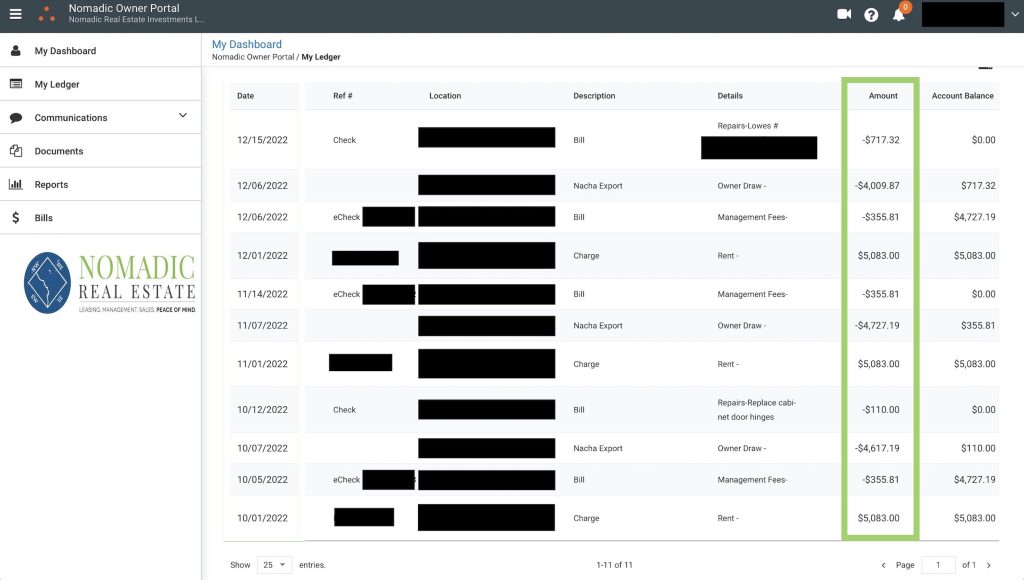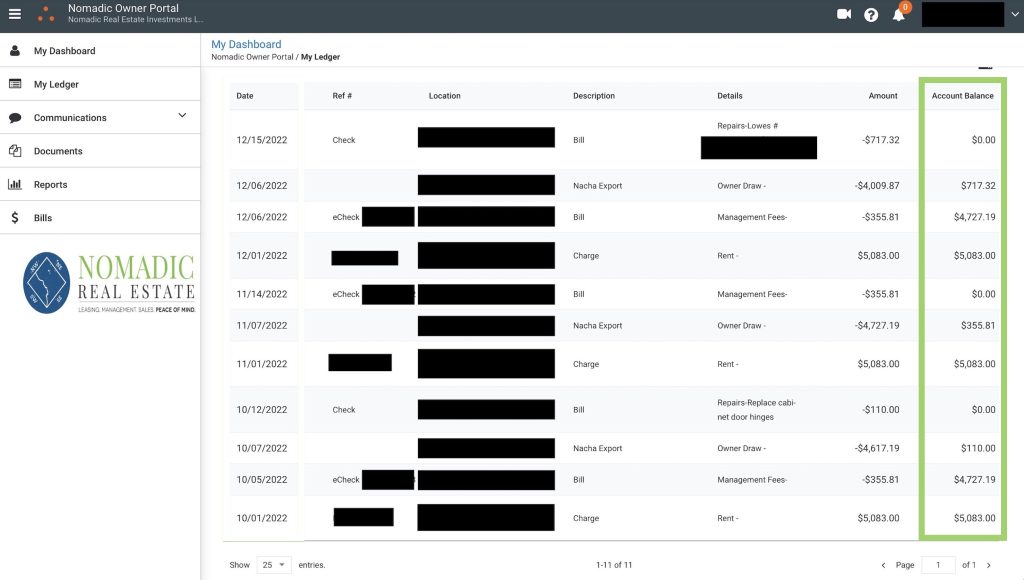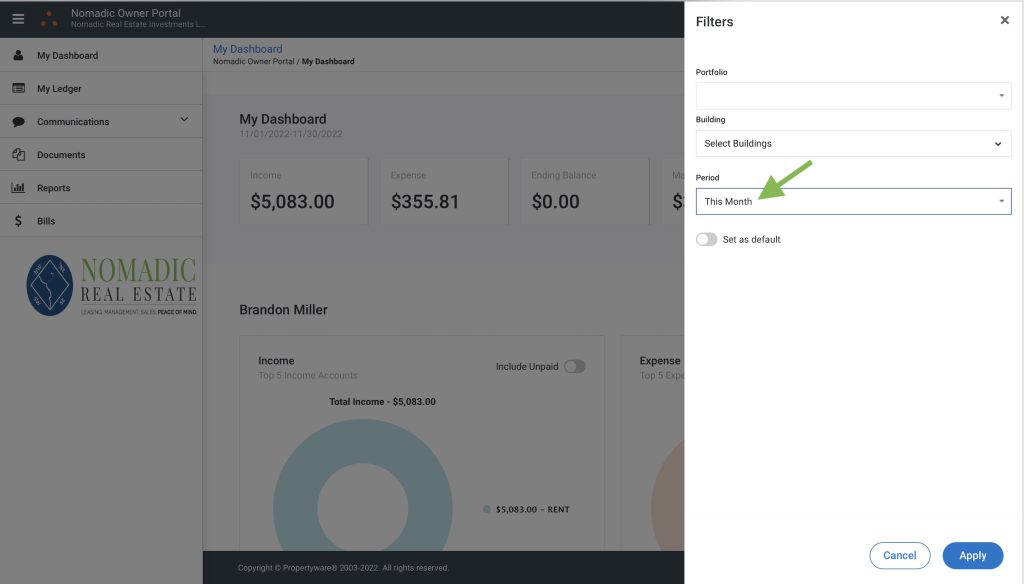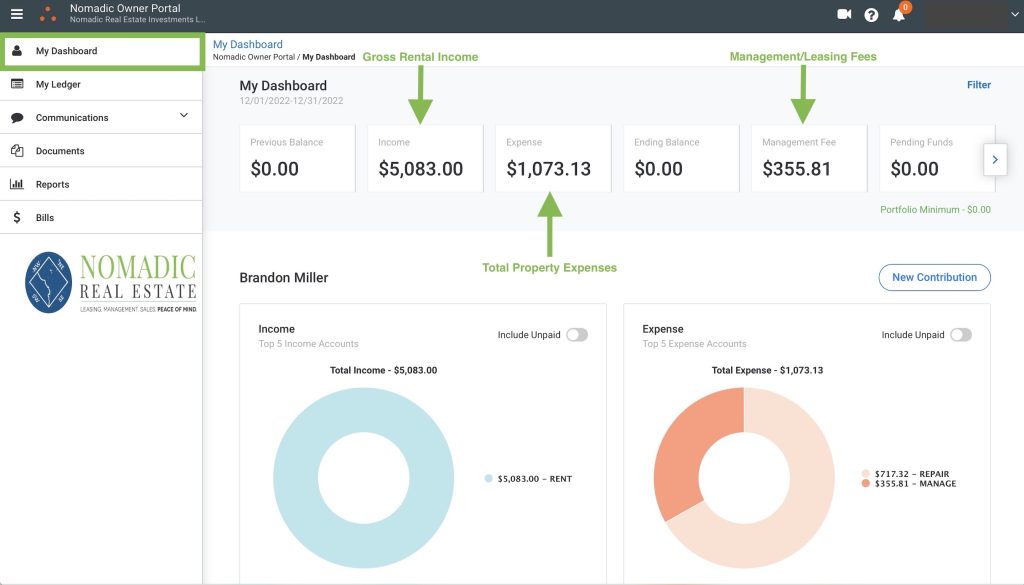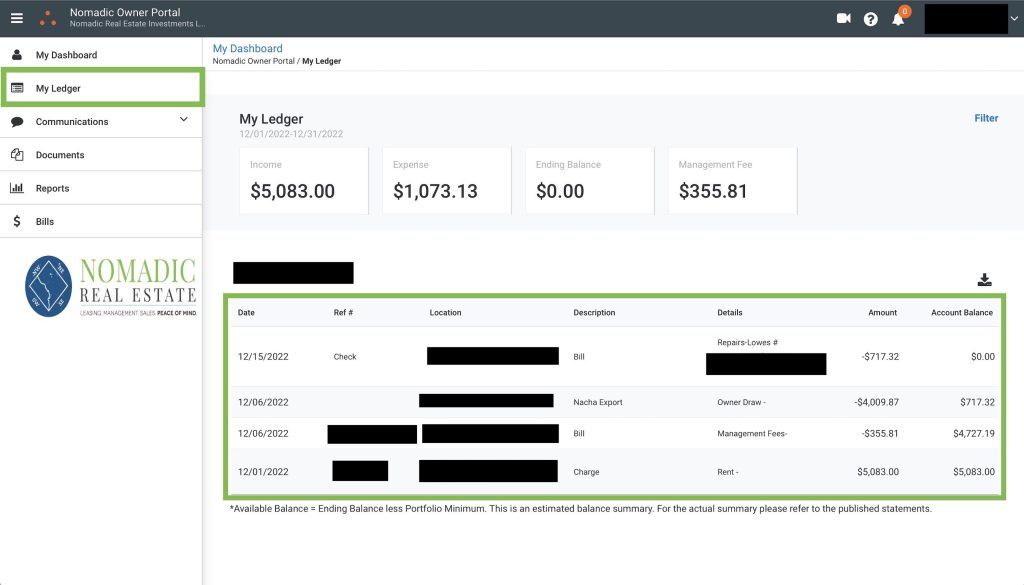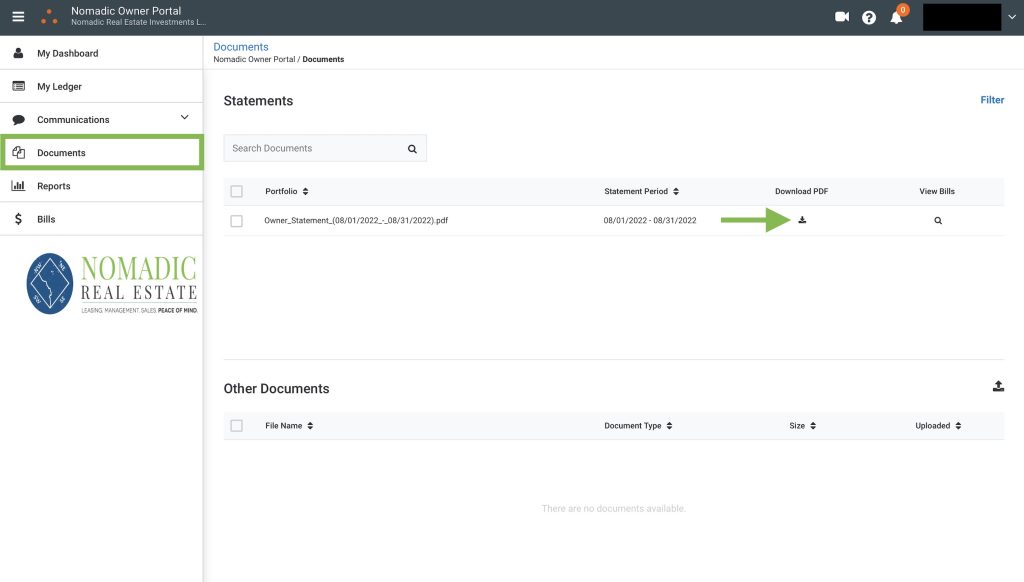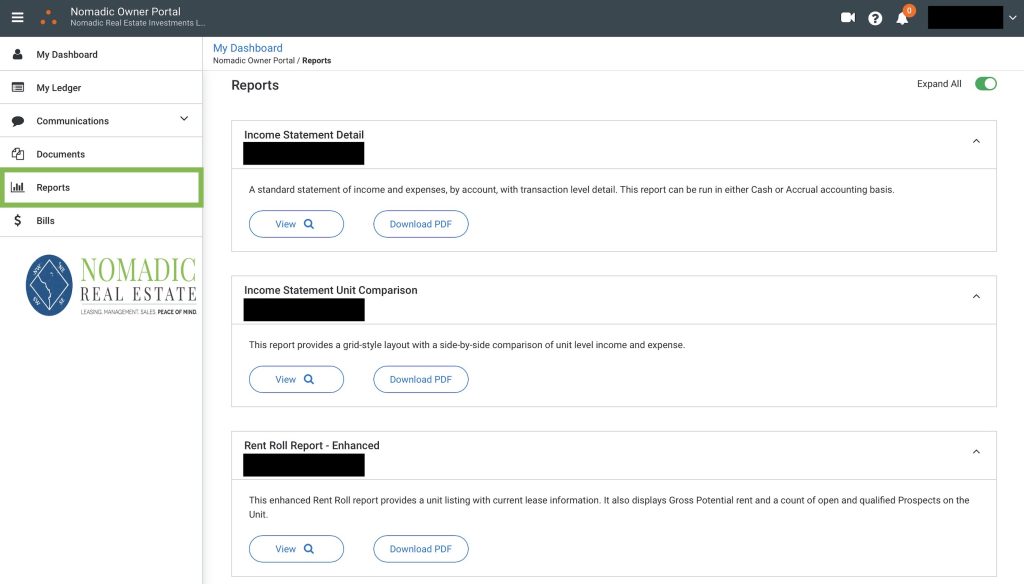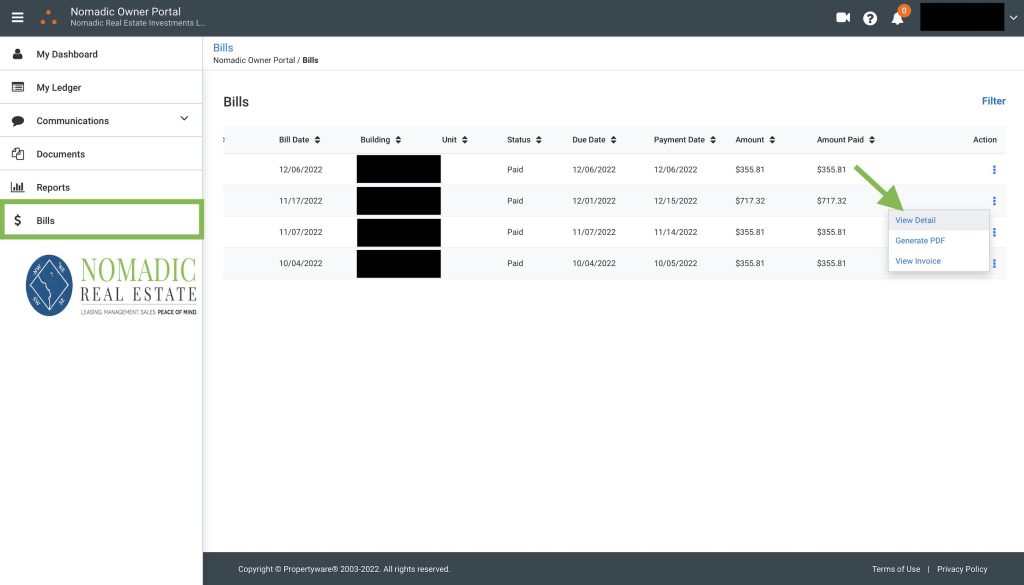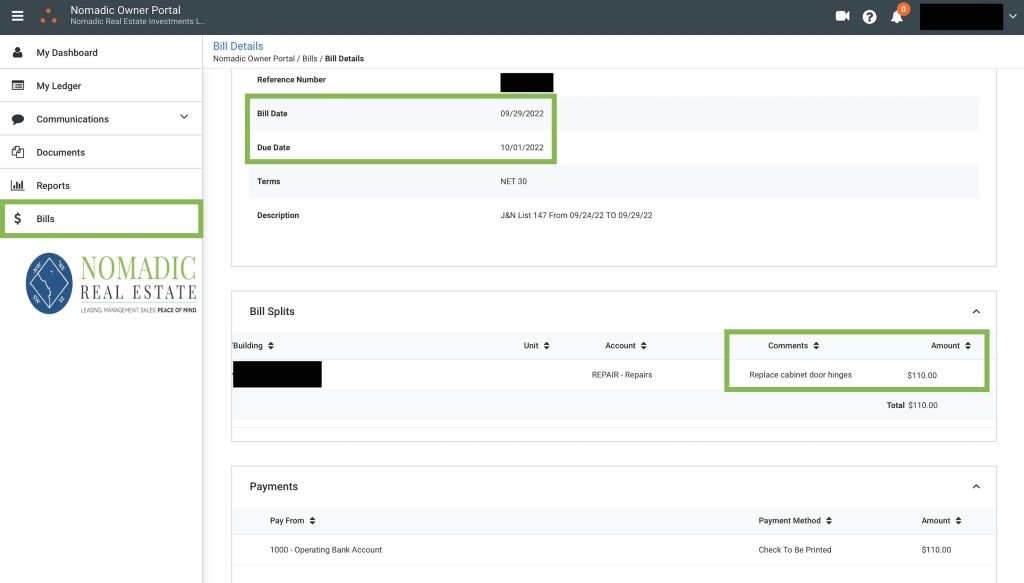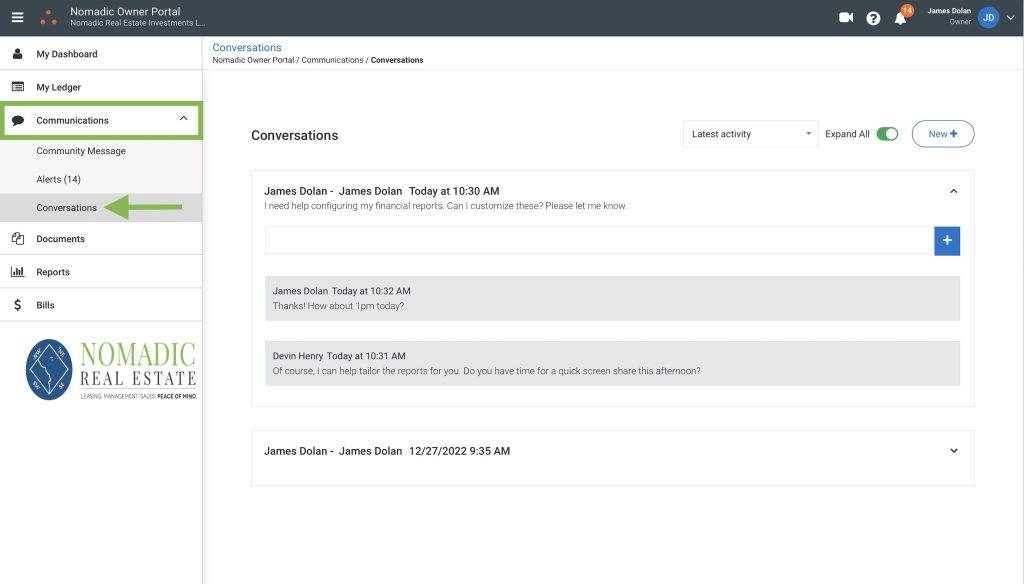Key Takeaways:
- Eviction and Discrimination Protections: Arbitrary evictions are banned, and the Federal Fair Housing Act guards against rental process discrimination.
- Security Deposit Limit: In DC, security deposits can’t exceed one month’s rent, with a mandate for return within 15-60 days post-move-out.
- Rent Control and Privacy: DC’s Rent Control laws cap rent increases, while landlords must provide notice before visits, ensuring tenant privacy.
- Safety and Repair Protections: Tenants have rights if their residence fails to meet safety standards, with legal avenues open for addressing non-compliance.
- Domestic Violence Protections: DC law offers protections for rental housing victims, including lock changes and safeguards against lease termination for victims.
Ever been swept up in the excitement of finding that perfect apartment, only to be stumped by a rental agreement as thick as a phone book? That’s when you realize renter’s rights are no small potatoes. Like David against Goliath, it might feel like you’re up against impossible odds.
“What does this clause mean?” “Can my landlord really do that?” These questions echo through hallways and across kitchen counters everywhere. Seeking expert property management advice can be a game-changer in navigating these waters with confidence.
In today’s post, we’ll define renter’s rights with clarity and precision. We’ll cover federal fair housing laws protecting tenants from discrimination based on race or religion, overlooked sections of rental agreements affecting your living conditions, and more.
From understanding DC’s specific rules around security deposits and rent payments to getting help for legal issues, we’re here to ensure you know your rights and how to assert them effectively.
Understanding Renter’s Rights in DC
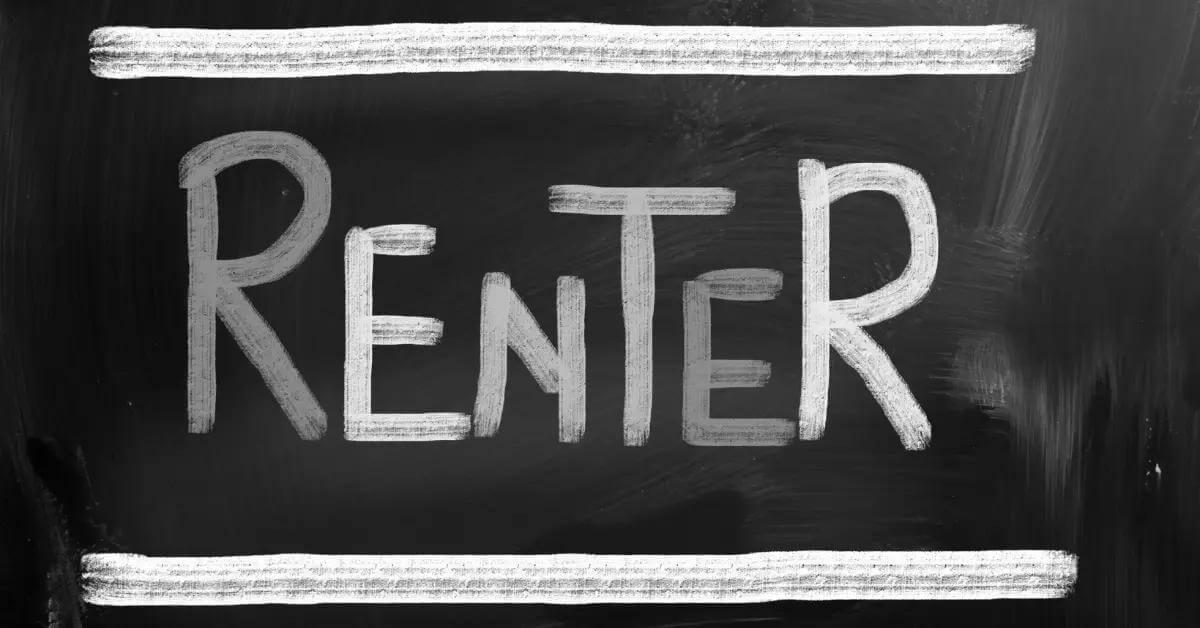
Living as a tenant in Washington D.C. comes with its own set of rights and responsibilities, protected under both federal fair housing laws and local regulations. As a renter, it’s crucial to understand these rules so you can protect your interests.
The first line of defense for tenants is the District of Columbia Required Landlord Disclosures. This law mandates that landlords disclose specific information about the rental property before you sign any lease agreement. But what exactly should they tell you?
- Your landlord must reveal whether there are known lead-based paint hazards on the premises.
- If your building was constructed prior to 1978, disclosure about potential exposure to lead-based paint is also necessary.
- You have a right to know if there were previous pest infestations or mold problems within the unit too.
In addition, DC’s renter’s rights extend beyond just disclosures. For instance, how does one deal with eviction? In this regard, understanding state-specific laws on termination for violation of a lease becomes critical for tenants’ protection against wrongful evictions.
In the District of Columbia, landlords cannot evict tenants without valid reasons such as failure to pay rent or violating important lease terms. The law protects tenants from being unfairly forced out of their homes without proper cause.
This ensures that no arbitrary expulsion occurs which might disrupt lives drastically without a genuine reason behind it.
Fair Housing and Discrimination-Based Protections
Under the Federal Fair Housing Act, discrimination based on race, color, national origin, religion, sex (including gender identity and sexual orientation), familial status or disability is prohibited by law; therefore ensuring no arbitrary expulsion of tenants occurs without genuine reason.
So whether you’re looking for affordable housing or a luxury apartment building in D.C., no property owner can deny your application solely based on these protected characteristics.
This extends to all facets of landlord-tenant relationships including renting apartments as well as providing services like maintenance and repairs. But remember. The fight against housing discrimination doesn’t end with just knowing your rights.
Key Clauses in DC Rental Laws
Let’s turn our focus to some often missed aspects of rental agreements and the small claims process in Washington D.C. From security deposits to maintenance issues, it’s important for tenants to understand their rights.
When Can a Landlord Enter Your Rental Unit?
In D.C., landlords don’t have free reign to enter your apartment whenever they please. They must give notice and obtain consent unless there is an emergency. This respect for privacy forms part of what makes up the District of Columbia Required Landlord Disclosures.
Your landlord can only enter your unit under certain conditions such as during reasonable hours with prior notification or due to an emergency situation like a fire or water leak.
What Happens If Your Landlord Fails To Maintain Safety Standards?
If you’ve ever asked yourself, “Can I sue my landlord?”, then listen closely because this section might be just what you need. If safety standards aren’t met, tenants may take legal action against property owners through small claims court.
Tenants are entitled by law not just to live in peace but also to safety. That includes everything from working smoke detectors to carbon monoxide alarms and down-to-earth matters like clear common areas.
Note: You’re allowed as per D.C. law to sue landlords in small claims court for the return of your deposit if it exceeds $5k which was unjustly held back after meeting all obligations stipulated on your lease.
Remember, understanding your rights and the laws that govern rental units in D.C. can save you a lot of stress and potential loss down the line. Maintaining a healthy dialogue with your landlord or management company regarding any worries or problems that arise during your tenancy is key.
Security Deposits and Rent Payments
Understanding your rights as a renter in DC can be a challenge, especially when it comes to security deposits and rent payments. Let’s start by tackling the often confusing topic of security deposit limits.
In DC, the max a landlord can demand for a security deposit is one month’s rent. So if you’re paying $2000 per month for that swanky apartment overlooking Dupont Circle, your landlord cannot ask for more than $2000 as a security deposit.
The process doesn’t end with handing over your hard-earned cash though. After moving out, renters have the right to get their full or partial deposit back within 15 – 60 days depending on certain conditions. Landlords have to supply an itemized list of deductions, if any, from the deposit amount as mandated by law.
Your Rights Regarding Rent Payments
Rent payment regulations can seem like trying to decipher Morse code while riding backward on a roller coaster. But don’t worry. We’re here with some key points so you won’t feel upside down anymore.
You must know that landlords aren’t allowed to just wake up one day and hike up rents willy-nilly. There are strict rules governing how much and how often rents can be increased under DC’s Rent Control laws.
Legal Assistance and Resources for Tenants
If you’re dealing with a legal issue involving your landlord, knowing where to turn can be confusing. Don’t fret; we’ve got you covered.
For assistance with your landlord-related legal issues, there are a variety of resources available. One such resource is the District of Columbia Landlord’s Guide to Security Deposit Disputes in Small Claims Court. This guide provides practical advice on handling disputes over security deposits.
How to Handle a Legal Issue With Your Landlord?
Facing legal issues with your landlord can be stressful. Here are some steps you should consider:
- Understand Your Rights: Familiarize yourself with local laws and regulations regarding renter’s rights.
- Gather Evidence: If possible, document any conversations or incidents related to the dispute as they may prove helpful later.
- Contact Local Authorities: If things escalate beyond repair, reaching out to housing authorities might be necessary.
In addition, affordable legal services exist for those who cannot afford traditional attorney fees. These organizations often have experts familiar with DC rental laws who can answer your questions and provide guidance throughout the process. Remember though – each situation is unique so what worked for one tenant may not work for another.
Your Rights as a Tenant in Domestic Violence Situations?
The District of Columbia has specific protections in place if you find yourself experiencing domestic violence while renting property – because everyone deserves safe housing. It’s important that victims understand these provisions so they can take appropriate action when necessary.
Firstly, you can request a lock change at any time if you provide your landlord with proof of the domestic violence situation. Also, it’s important to note that DC law prohibits landlords from terminating leases or refusing to renew them based on instances of domestic violence.
Finally, if the rental unit becomes unlivable because of safety issues linked to the domestic violence incident, tenants have certain rights they can exercise.
Fair Credit Reporting and Discrimination in Housing
When it comes to renting a home, you might be wondering how the Fair Credit Reporting Act affects you as a renter. Or perhaps, what rights do you have against housing discrimination? Let’s dive into these crucial issues.
The Role of Credit Checks in Renting
Your credit score can significantly impact your ability to secure rental housing. Property owners or management companies often perform a credit check before leasing out their properties. This is where the Fair Credit Reporting Act (FCRA) plays its part.
The FCRA ensures that information collected by consumer reporting agencies such as credit bureaus is accurate, fair, and private. More importantly for renters, this federal law provides them with the right to access their own information and correct inaccuracies.
Housing Discrimination: What It Looks Like?
Housing discrimination isn’t always apparent but it’s more common than most realize. Under Federal laws like the Fair Housing Act and Equal Opportunity Act, property owners cannot discriminate based on race, color, national origin, religion, sex, familial status, or disability when renting, selling, or financing homes.
Under FCRA regulations, if an application is rejected due to negative credit report data, the applicant must be notified. The notice should include contact information for the reporting bureau and inform the applicant of their right to dispute the accuracy and completeness of the information provided by the agency.
Additionally, if requested within 60 days, a free copy of the credit report must be provided. This gives potential tenants a chance to review their reports, identify any mistakes, and possibly rectify them. It’s a time-sensitive process, hence the need to know your legal rights beforehand to stay on top of the game.
Pet Policies and Lease Considerations
When signing a lease in the nation’s capital, one of the primary concerns to consider is the pet policy. is the pet policy. This is often a critical point for tenants, especially those with furry friends.
The District has several landlord-tenant laws that protect renters from retaliation or unfair treatment due to their pets. For instance, landlords cannot arbitrarily refuse to rent to someone because they have a service animal.
Understanding Your Rights as A Pet Owner
In D.C., your landlord must provide clear rules about pet ownership in your rental agreement. They can’t just spring new policies on you after you’ve moved in – this could be seen as an attempt at retaliation or discrimination.
This includes not only whether pets are allowed but also specifics like size limits, breed restrictions, and additional fees for having pets (like extra security deposits). Landlords may even specify areas where dogs are prohibited within common areas of an apartment building.
Negotiating Pet Policies In Your Lease Agreement
You’re not necessarily stuck with what’s written down though. Don’t hesitate to negotiate terms if something doesn’t sit right with you – after all; it’s your home too.
If the initial agreement states no pets allowed but circumstances change later (you adopt a dog), approach your property owners about revising the contract rather than breaking rules secretly – trust me; sneaky cats never win long term.
Tips For Reviewing Your Lease Carefully
A good practice before signing any lease is carefully reviewing its contents – particularly clauses related to penalties and conditions for breaking it prematurely.
Before signing, be sure to understand any penalties or conditions associated with breaking the lease prematurely as well as your landlord’s obligations for upholding their end of the agreement.
If any section is unclear, ask for clarification before signing. Remember, leases are legally binding documents – they’re as important as getting a driver’s license.
A Final Word About Renter’s Rights
You’re now armed with knowledge about renter’s rights in DC. There are federal fair housing laws that shield tenants from discrimination. So that mysterious rental agreement is not so intimidating anymore.
You know how to navigate DC’s rules around security deposits and rent payments. Unjust treatment by a landlord is no longer an insurmountable hurdle – there are legal resources available for help.
Credit checks in rental applications aren’t hidden traps but clear procedures under your scrutiny. And let’s not forget about safety standards ensuring your living space meets all requirements.
And if you’re in the market for a rental, contact Nomadic Real Estate. We have knowledgeable professionals and the experience you need to find the right rental property.










